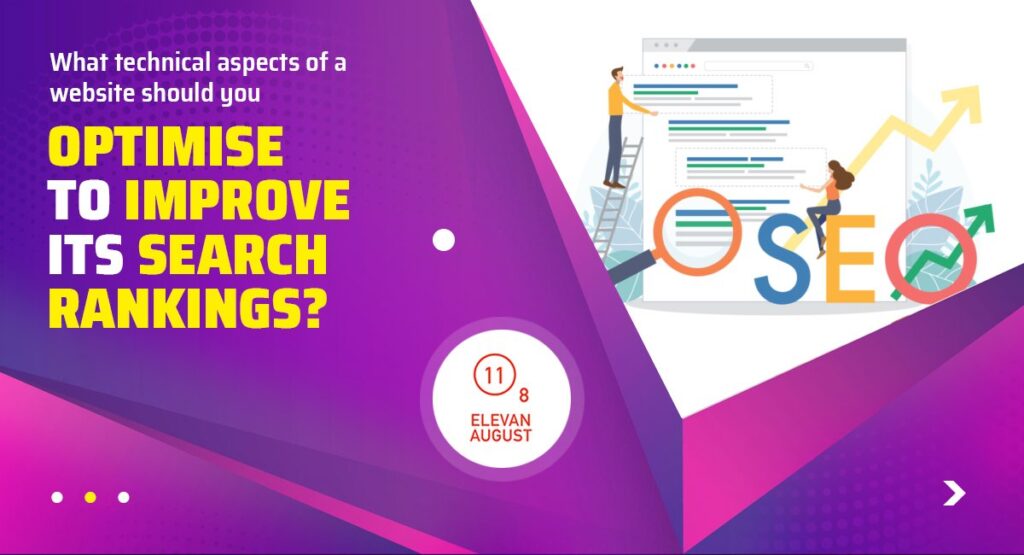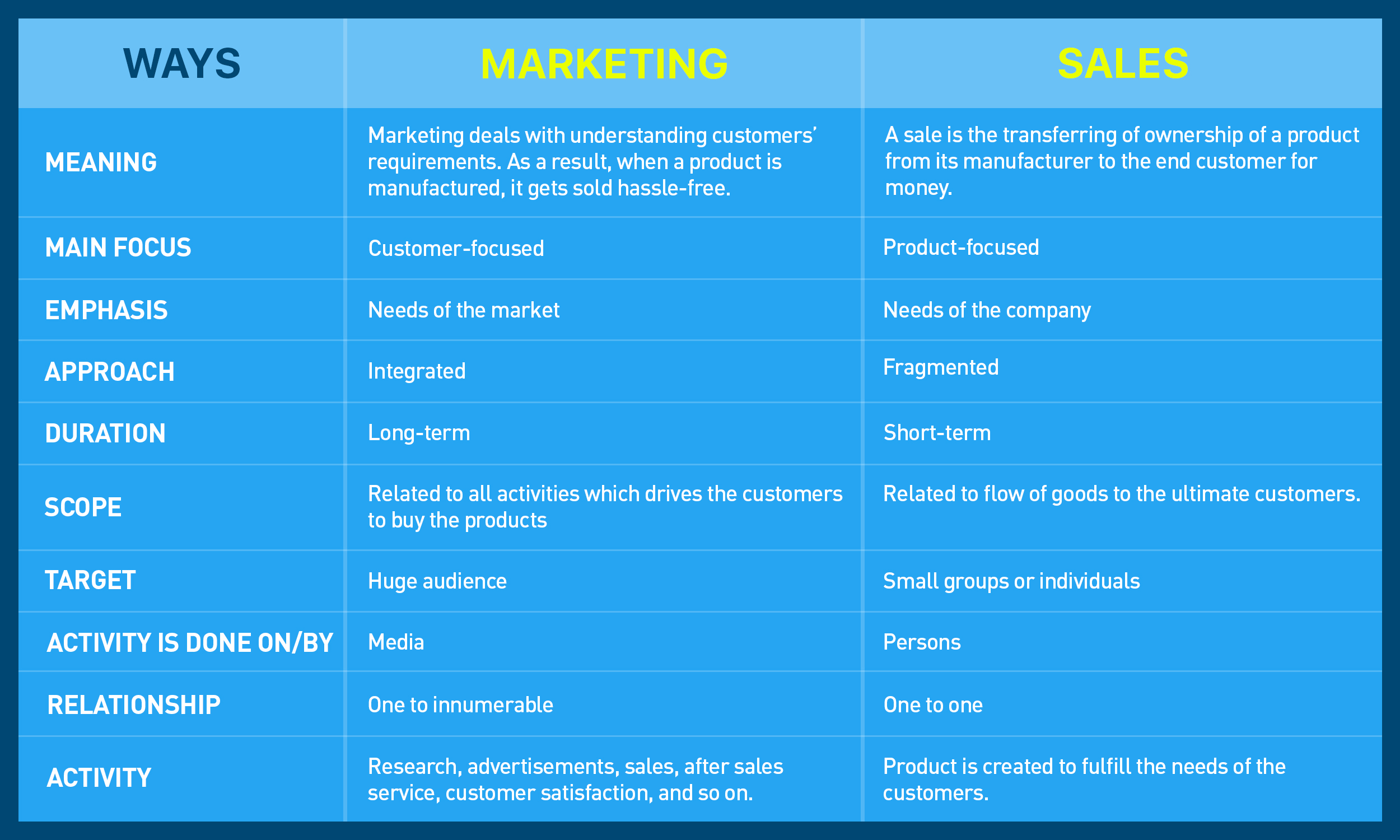Technical Search Engine Optimisation (SEO) involves activities that help optimise your website and servers to enable search engine spiders to crawl and index your websites more effectively. It ensures improved website rankings on search engines for relevant search queries. You can hire an SEO agency in Singapore to identify the technical aspects of your websites that need optimisation. In addition, this blog will discuss the crucial technical SEO checklist that you need to focus on to improve your website’s search rankings.
9 Essential Technical SEO Factors for Your Website
The following are the critical technical SEO factors you will need to optimise in your website to improve its Search Engine Results Page (SERP) rankings. Let’s discuss them.
Improve page experience
Search engines, such as Google, have always advised making your website mobile-friendly and offering safe browsing experiences to users. The reason is that Google prioritises websites with these features when ranking websites on their result pages. In addition, Google also included these search ranking factors with Core Web Vitals to improve page experience. The Core Web Vitals of Google includes the following factors.
- First Input Delay (FID) – This metric measures when a user interacts with a page and the time the browser takes to respond. Ideally, your page should have a FID of 100 ms or less.
- Largest Contentful Paint (LCP) –This metric measures the loading time of the largest contentful page. Ideally, it should be within 2.5 seconds to ensure a better user experience.
- Cumulative Layout Shift (CLS) – This metric measures the visual stability of elements on your screen. As per the latest guidelines, Google has decided the CLS metric at maximum session window with a 1-second gap, capped at 5 seconds. Any session window can last up to 5 seconds; however, it will close sooner if no layout shift occurs within 1 second from the previous shift.
You can measure these ranking factors in your report generated from the Google Search Console that will display URLs with potential issues. A digital marketing agency uses various tools to optimise your site speed and Core Web vitals.
You need to crawl your website to identify errors
When a search engine tries to reach your website and fails, it signifies possible crawl errors. To ensure your site is free from such errors, you can use various tools to crawl your website. You can even use the help of Google Search Console for this. While scanning your website for crawl errors, ensure that you have implemented all redirects correctly with 301 redirects. It is better to hire a digital marketing agency in Singaporeto help fix these issues.
Fix broken internal and outbound links
Broken links can affect user experience and harm your SEO. Your users will not appreciate when clicking on a link to find that it didn’t take them to a correct or functional URL. It creates a wrong impression for your brand as well. Therefore, you need to check your website regularly to identify broken links and fix them accordingly. To fix the broken links, you either need to update the target URL, or you can remove the link if it doesn’t exist anymore.
Remove duplicated or thin content
You need to delete duplicated or thin content from your website. A boutique digital marketing agency in Singaporeuses various tools to scan and fix issues concerning duplicated content on your site. You can fix duplicated content issues in the following ways:
- Setting up 301 redirects to the primary version of your URL
- Implement canonical tags or no-index on duplicated web pages
- Delete duplicated content whenever possible
- Setting your preferred domain in Google Search Console
Get an SSL certificate for your site
Google has previously confirmed that getting SSL certificates or HTTPS encryption is one of the crucial ranking factors. Hence, if your site is still HTTP, you need to upgrade it now. It helps protect your visitors’ data to prevent possible hacking.
Have a clean URL
Another crucial technical aspect that you cannot overlook is your URL structure. Google recommends keeping a URL structure as simple as possible. Complex URLs can cause issues for crawlers creating multiple numbers of URLs that direct to similar or identical content on your site. It will prevent Google bot to index all pages of your site. Therefore, you should remove unnecessary parameters in your URLs to shorten them. Consulting an SEO expert in Singapore can help you in this regard.
Optimised XML sitemap
Sitemaps make it easier for Google to find and index your web pages. Ideally, an optimised sitemap should include:
- Any new piece of content regardless of blogs, products, etc
- Your sitemap should have no more than 50,000 URLs. If your site has more URLs, you need to create multiple sitemaps
On the other hand, exclude the following elements from your sitemap:
- URLs with parameters
- URLs with canonical tags or are 301 redirects
- URLs with 4xx or 5xx status codes
- Duplicated content
Optimised robots.txt file
Robots.txt files inform search engines which URLs they can crawl on your site. Ensure that your robots.txt file includes all the crucial pages you want to index. Moreover, you must also check that this file is not blocking any page you want to be indexed. You should include the location of the XML sitemap in your robots.txt file. In this regard, avoid including the following URLs in your robots.txt file:
- Admin pages
- URLs with parameters
- Cart and checkout pages
- Temporary files
Add a schema markup
Structured data provides information about a page and its content. Various formats of schema markup are available for structuring data for people, local businesses, organisations, places, reviews, etc. An SEO agency can use schema markup generators such as Google’s Structured Data Testing Tool to create a schema markup for your website.
Elevan August Media offers a wide range of SEO services in Singapore. They can run a thorough SEO audit on your website to identify the crucial technical aspects that need further optimisation. They can also guide you on optimising these aspects to improve your website’s rankings on SERPs. In addition, they also help develop effective SEO strategies for your business.






